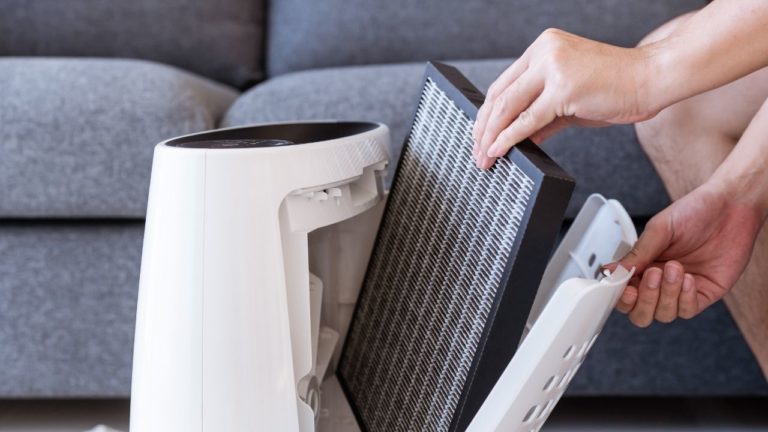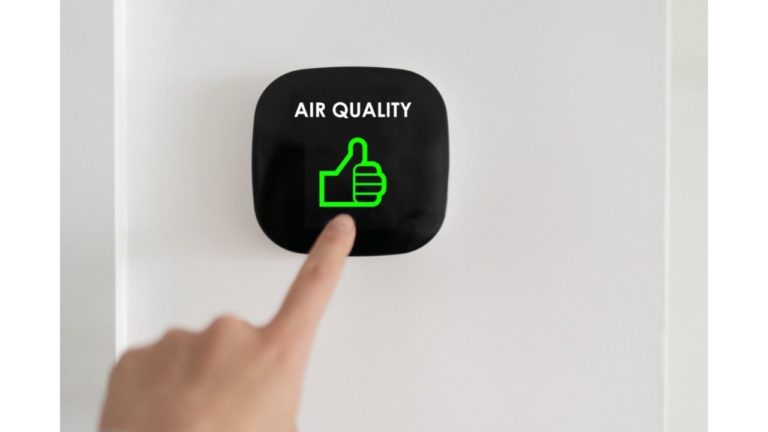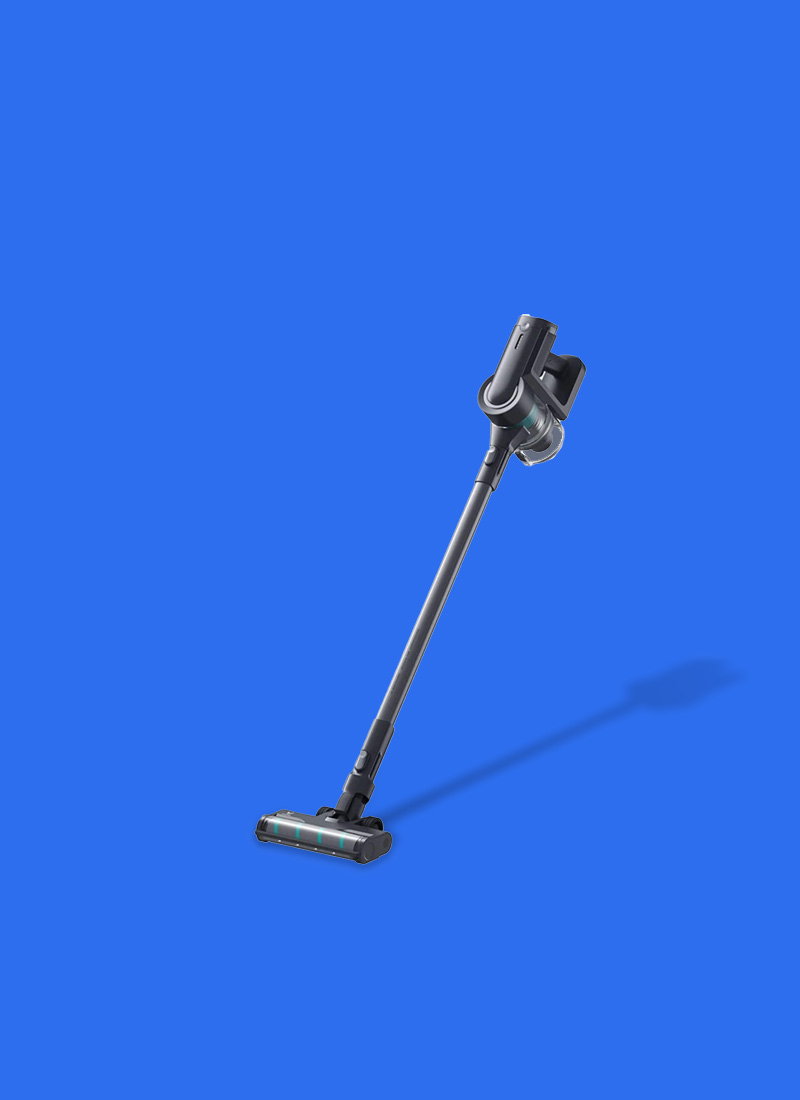ⓘ We are reader-supported and may earn a small commission at no additional cost to you if a purchase is made through one of our links.
HEPA filters are advertised in a lot of different products but never more so than in air purifie3rs. They’re heralded as the gold standard in filtration, but what exactly is a HEPA filter, and do you really need one?
What Does HEPA Stand For?
HEPA is shorthand for “high-efficiency particulates”, which according to this study can cause significant harm and state that:
“Exposure to indoor air pollutants can cause health effects ranging from sneezing and coughing to exacerbation of chronic respiratory disorders such as asthma and outcomes such as cardiovascular disease and even cancer.”
The filter part of “HEPA filter”, as you can imagine, is designed to filter potentially harmful particulates from the air and minimise their impact on surrounding air quality.
Different Types of HEPA Filters
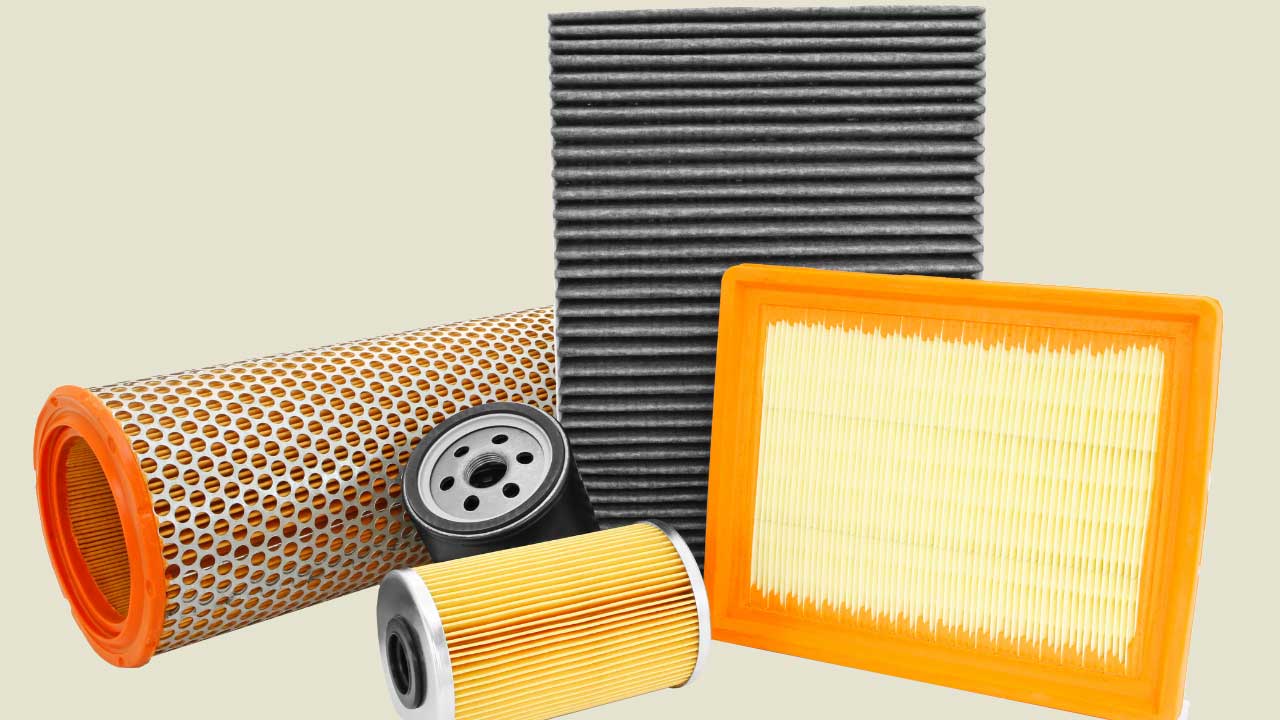
There are a handful of different types of HEPA filters, each with varying standards of filtration and different use cases. This article from National Air Filtration Association (NAFA) summarises the difference excellently in a well-presented table.
For most consumers, this information may be a little too dry and difficult to apply to home usage, so we have also outlined the different types of HEPA Filters and the corresponding terminology commonly found in consumer goods.
True or Absolute HEPA Filters
To be clear, True or Absolute HEPA filters are different names for the same standard of HEPA filters. For a HEPA filter to be considered “True” or “Absolute” they must be tested and confirmed to meet a high standard of filtration by removing 99.97% of high-efficiency particulates down to a size of 0.3 microns.
0.3 microns is a significant standard by which to hold filters since many common allergens, like pollen, are within this region of size.
True HEPA filters are comprised of high-density paper that is constructed from incredibly tight and thin fibers which act as the filtration mechanism The gap between the fibers is no more than 2.0 microns and as already discussed as small as 0.3 microns.
How Do True or Absolute HEPA Filters Work?
There are three mechanisms that work together to filter out unwanted particulates.
- Diffusion
Diffusion is the most effective mechanism that True or Absolute HEPA filters use to filter out particles. Taking advantage of a known property of gas molecules, Brownian Motion, the fibers of the filter are distributed in such a way that the particles are more likely to be captured. And due to the nature of diffusion, the smaller the particle, the more likely they are to be diffused into a fiber along their journey through the filter.
- Interception
Interception is a more straightforward mechanism that captures smaller particles that may still be smaller than 0.3-micron gap between fibers, but due to the particle following the edge of the air streamline they are caught by the edges of the fibers as the air flows through.
- Inertial Impaction
Inertial impaction occurs when larger particles are unable to follow the air through the gaps in the filter due to their size and resulting inertia. As the air continues on its journey through the filter, the particle impacts on the fibers and is successfully filtered from the air.
Standard HEPA Filters
Standard HEPA filters operate using the same mechanism but are held to a lower standard whereby they are only certified to filter out particulates as small as 2.0 microns. This lower-end found in standard HEPA filters is the same as the higher end in True or Absolute HEPA filters. Standard HEPA filters are found in lower-end air purifier models and vacuum cleaners.
There are still effective to some degree, but we would always recommend choosing an air purifier with a True or Absolute HEPA filter
Pre-filters
Pre-filters are not HEPA filters but are commonly found alongside HEPA filters to filter out the larger particles. They are designed to capture particles like dust, dirt, and hair. There are many different types of pre-filters that use numerous different methods to filter out large particles. However, their main purpose in relation to HEPA filters is to extend the lifetime of the more expensive HEPA filters.
Check out our list of the best air purifiers here
What Types of Particles Do HEPA Filters Capture?
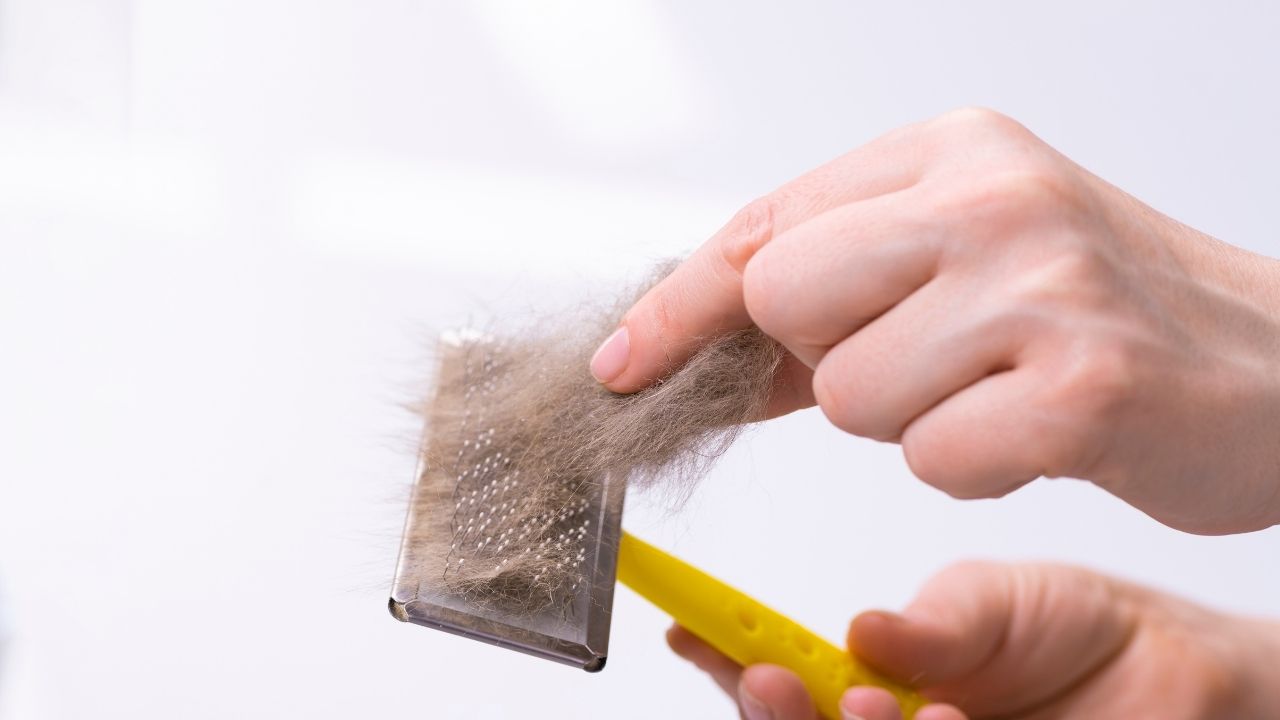
HEPA filters capture a wide range of particles to help improve the quality of your home. Some of the most common particles are:
Pet dander: Pet dander is a common allergen found in households with dogs, cats, and other pets with fur or feathers.
Dust mites: Dust mites are minuscule bugs that live in dust. They are close relatives of ticks and spiders and are common culprits of causing allergies
Human hair: Human hair is very common in most households and the strands break down into smaller particles as they degrade.
Mold spores: Mold spores are often found in rooms with more moisture like bathrooms, kitchens, or houses with dampness. They are known to potentially cause a myriad of health hazards.
Dust particles: Dust particles are found in almost every area of every room and can easily become airborne due to air currents. Many people have minor dust allergies, with some people having more severe reactions.
HEPA Filters Efficacy and Safety
In order to maintain the efficacy of a HEPA filter and ensure that the air quality is as safe as possible, we would recommend taking a look at and replacing a HEPA filter every 6-24 months. The duration is heavily dependent on the average air quality and the habits of occupants.
For example, smokers who live in a highly-polluted city will need to replace HEPA filters much more frequently than non-smokers who live in an area with less pollution.
How to Know When a HEPA Filter Should be Replaced
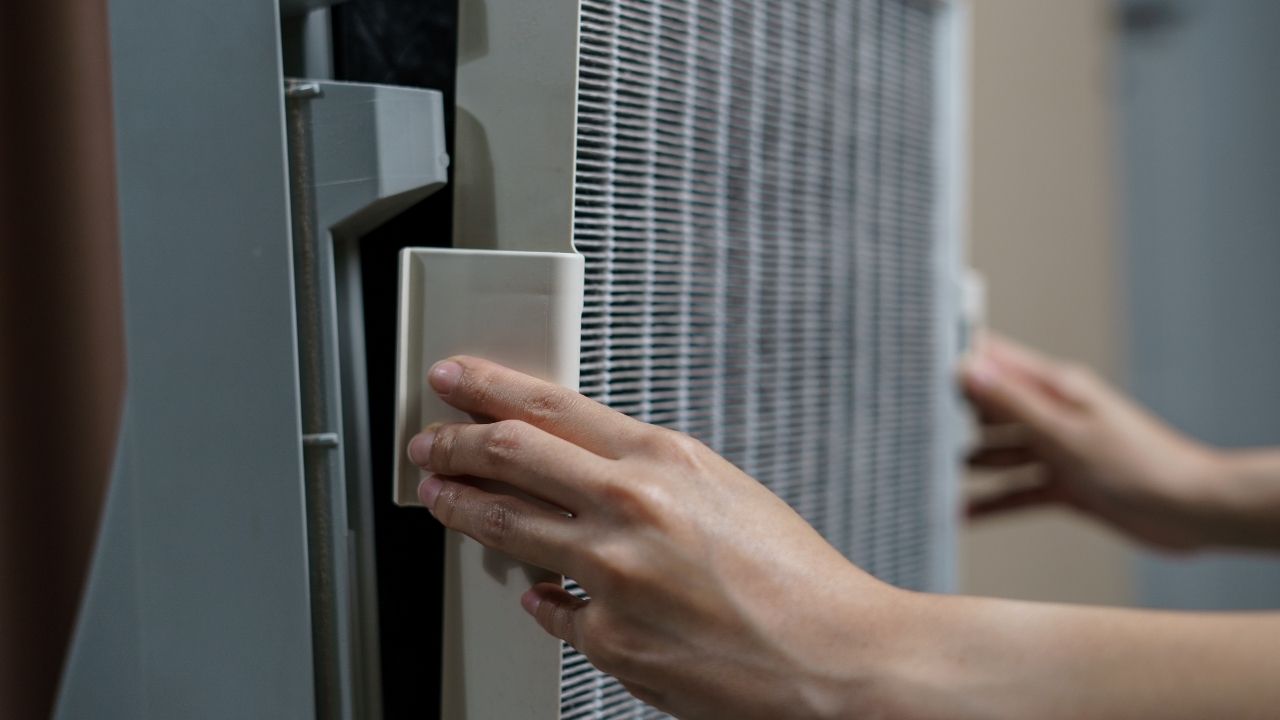
The most objective method for telling if you need a replacement is to use an air quality monitor. Some high-end air purifiers will have this device built-in and even auto-alert you when a replacement is required. Most models will not have this included and you will have to purchase a separate device.
If you do not have this type of device then things are much more subjective and left to an “eyeball test” where you can look for discoloration and clogging. Or the “nose test” where you can start to smell the filter.
Can you Clean a HEPA Filter?
Yes, but not really. You are more likely to damage the HEPA filter and be left with an ineffective air purifier or vacuum than you are to save money on buying new filters. We would highly recommend not attempting to wash, scrape and bash your filter if you are serious about air quality.
If you do decide to wash your HEPA filters, then be very gentle, use water and allow them to fully dry before inserting them into your device.
Can a HEPA Filter Capture Coronavirus?
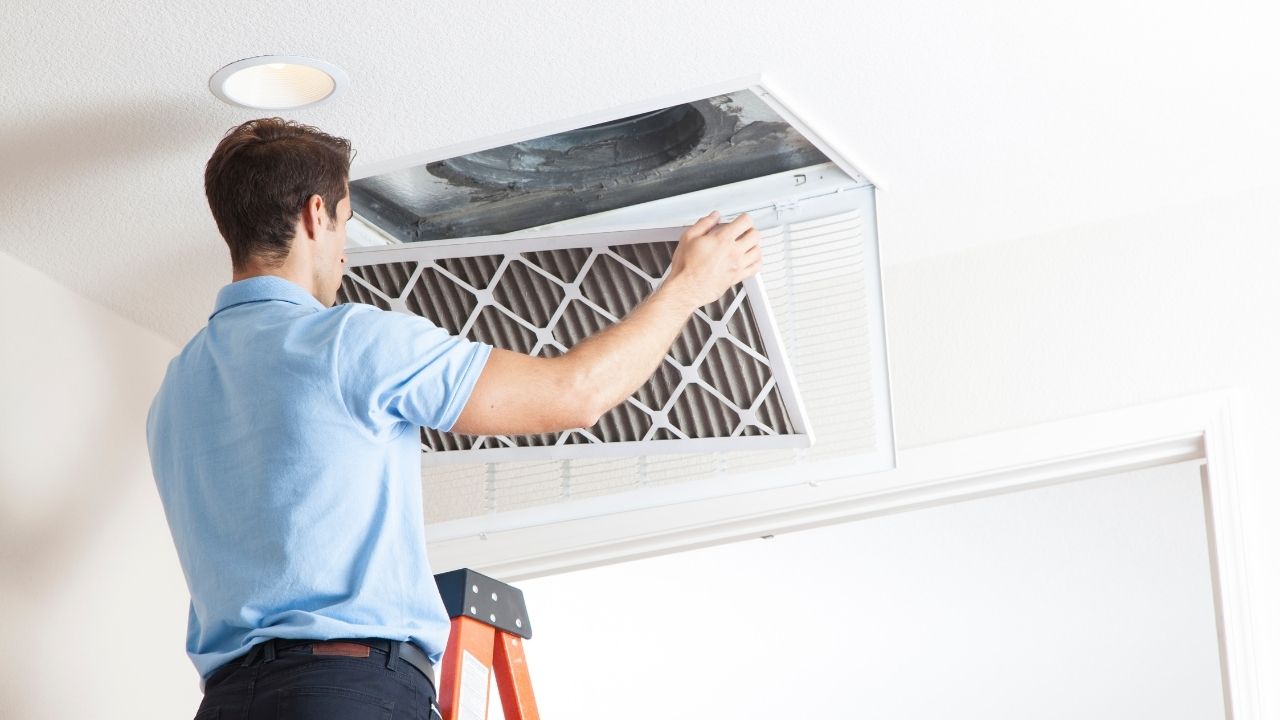
Yes, Covid-19 and all of its variants are almost always transmitted through the air and as such can be captured and filtered out from the air. However, air purifiers should not be used to replace more effective means of managing transmissions and should instead be used alongside other measures in a collaborative approach.
Air purifiers are currently being used in schools in Australia alongside other measures to help mitigate the spread, but their effectiveness in this setting is up for debate.
As stated previously in this article, True or Absolute HEPA filters are certified to filter particles as small as 0.3 microns. A typical coronavirus is 0.1 microns making it smaller than the certification, but still able to be captured through the interception method of filtration discussed previously.
As always with this topic, we defer to the experts and do not consider any of the above medical advice. For more information on Covid-19, please visit https://www.health.gov.au/health-alerts/covid-19.
It’s not just Coronavirus, but any virus or bacteria that is within the effective filtering size that can be captured. Here’s an article that spends more time covering this topic.
Conclusion
HEPA filters are critical to the effective filtration and purification of the air in your home. They should be considered a necessity for anyone who is looking to buy a purification device and wants the air around them to be noticeably better.

